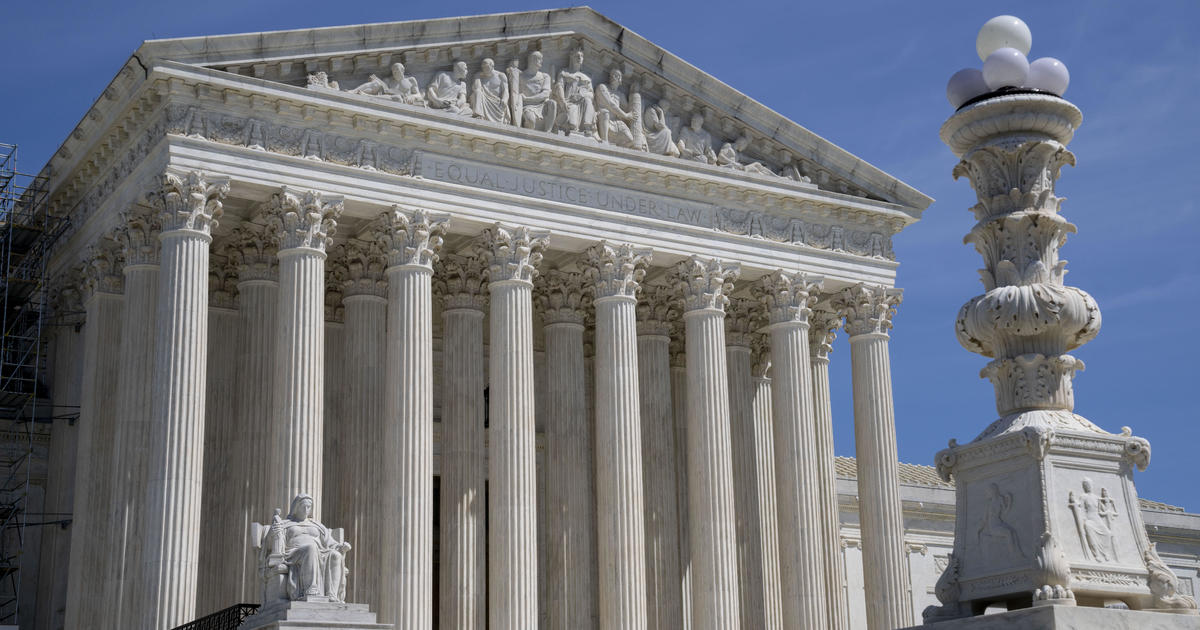Washington — In a landmark decision, the Supreme Court has rejected race-conscious admissions at colleges and universities. However, military service academies are exempt from this ruling, causing dissenting justices and constitutional scholars to question the consistency of the decision.
Chief Justice John Roberts acknowledged this exemption in a brief footnote, stating that military academies were not involved in the cases and had “potentially distinct interests.” While Roberts did not specify these interests, a friend-of-the-court brief filed by former military leaders argued that affirmative action in higher education was vital for national security.
The former military leaders emphasized that a diverse officer corps was essential for effectively leading the diverse forces they would command. They argued that prohibiting race-conscious admissions policies would undermine the military’s ability to maintain diverse leadership and compromise its institutional legitimacy and operational effectiveness.
Joe Reeder, a former undersecretary in the Army and one of the signatories of the brief, clarified that the military leaders did not ask for a military academy carveout in the ruling. However, Justice Sonia Sotomayor raised questions about the narrow exemption and why religious institutions of higher learning were not granted a similar exception.
Legal experts, including Jessica Levinson, a constitutional law professor, agreed with Sotomayor’s assessment that the justification for the military academy exemption appeared flawed. Levinson argued that if diversity promotes national security, the carveout in the ruling was too narrow to achieve that goal effectively.
While military academies differ from public and private colleges and universities due to their graduates’ mandatory service in national security, the majority of the military’s officer corps come from ROTC programs in colleges and universities or other training programs.
The need for a diverse officer corps was underscored by Reeder’s personal experience, where he lacked African American officers in his division despite having Black soldiers. Without leaders who mirror the diversity of the soldiers they command, team cohesion can be compromised.
F. Michael Higginbotham, a law professor, also highlighted the inconsistency in exempting military academies while ending race-conscious admissions for other institutions. He argued that the concerns of universities regarding diversity are no different from those of military academies.
Although the Supreme Court’s decision is not the final word on affirmative action, it is possible that military academies may become involved in future cases. The court will likely have to address the broad application of the ruling in the future.
Denial of responsibility! VigourTimes is an automatic aggregator of Global media. In each content, the hyperlink to the primary source is specified. All trademarks belong to their rightful owners, and all materials to their authors. For any complaint, please reach us at – [email protected]. We will take necessary action within 24 hours.


